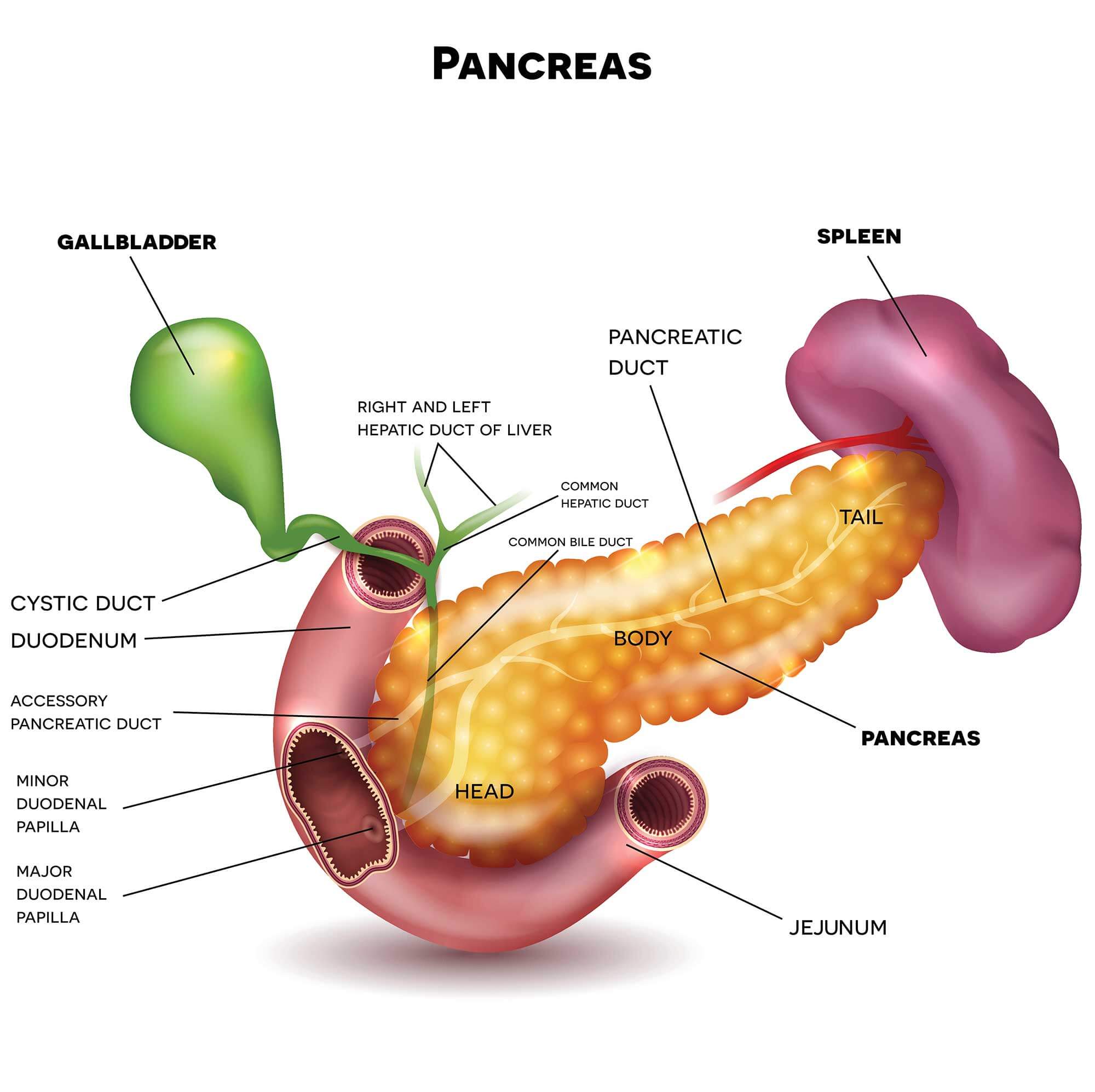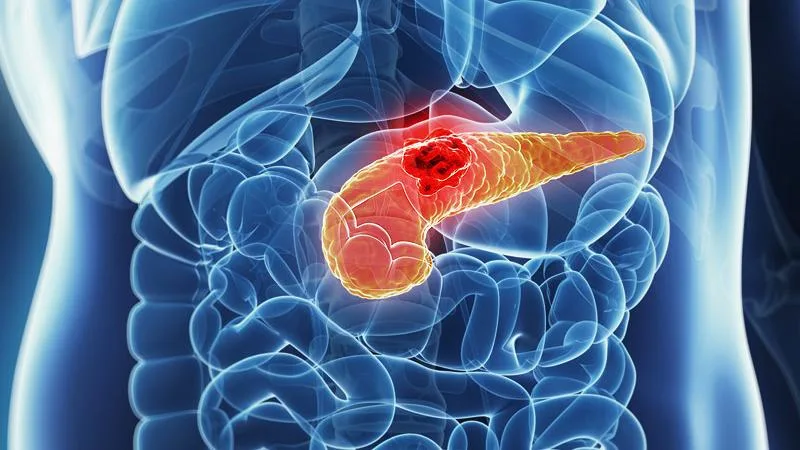Pancreatic cancer, often referred to as a silent killer, is a cancer that affects thousands of people around the world. Raising awareness about pancreatic cancer becomes crucial to early detection, research advancements, and support for patients and their families. In this blog, we, V Care Cancer Center, aim to shed light on pancreatic cancer and emphasize the importance of awareness in combating this challenging condition.
 The pancreas, a vital organ located behind the stomach, plays a critical role in digestion and blood sugar regulation. Pancreatic cancer occurs when abnormal cells grow and divide rapidly within the pancreas, forming a malignant tumor. The disease can involve both the exocrine and endocrine cells of the pancreas, leading to different types of pancreatic cancer.
The pancreas, a vital organ located behind the stomach, plays a critical role in digestion and blood sugar regulation. Pancreatic cancer occurs when abnormal cells grow and divide rapidly within the pancreas, forming a malignant tumor. The disease can involve both the exocrine and endocrine cells of the pancreas, leading to different types of pancreatic cancer.
Several risk factors contribute to the development of pancreatic cancer. Age is a significant factor, with the risk increasing in individuals over 45. Smoking is another significant risk factor, doubling the likelihood of developing pancreatic cancer. People with a family history of pancreatic cancer, especially those with specific genetic mutations, have a higher risk. Obesity and a sedentary lifestyle have also been linked to an increased risk.
Pancreatic cancer often presents with vague or nonspecific symptoms, making early detection challenging. Signs and symptoms to watch out for include jaundice (yellowing of the skin and eyes), unexplained weight loss, abdominal or back pain, loss of appetite, nausea and vomiting, and changes in bowel movements or stool colour.

Early detection of pancreatic cancer is crucial for improved treatment outcomes. Unfortunately, due to the lack of specific symptoms in the early stages, it is often diagnosed at an advanced stage when treatment options are limited. Diagnostic tools such as CT scans and MRIs aid in detecting pancreatic tumors. Blood tests and endoscopic procedures may also be used to further evaluate the suspected presence of pancreatic cancer.
Pancreatic cancer treatment depends on factors such as cancer stage, overall health, and individual preferences. Treatment modalities include surgery, chemotherapy, radiation therapy, targeted therapies, and immunotherapy. However, due to the aggressive nature of pancreatic cancer, it often spreads quickly, making successful treatment challenging. Early detection is vital in increasing the chances of successful intervention.
Pancreatic cancer not only affects patients but also has a profound impact on their families and loved ones. Support systems such as patient advocacy groups, counseling services, and online communities play a crucial role in providing emotional support, sharing experiences, and disseminating vital information. Increasing awareness about pancreatic cancer can lead to improved funding for research, early detection campaigns, and better support systems for patients and their families.
Pancreatic cancer is a disease that requires greater attention and awareness. By educating ourselves and others about the risk factors, symptoms, and available resources, we can contribute to early detection, improved treatment, and enhanced support for those affected. Let us ensure that pancreatic cancer does not remain in the shadows but receives the attention and resources it deserves, ultimately leading to a brighter future for patients and their families. We, at V Care Cancer Center are there to help you with all necessary treatments to conquer pancreatic cancer.


